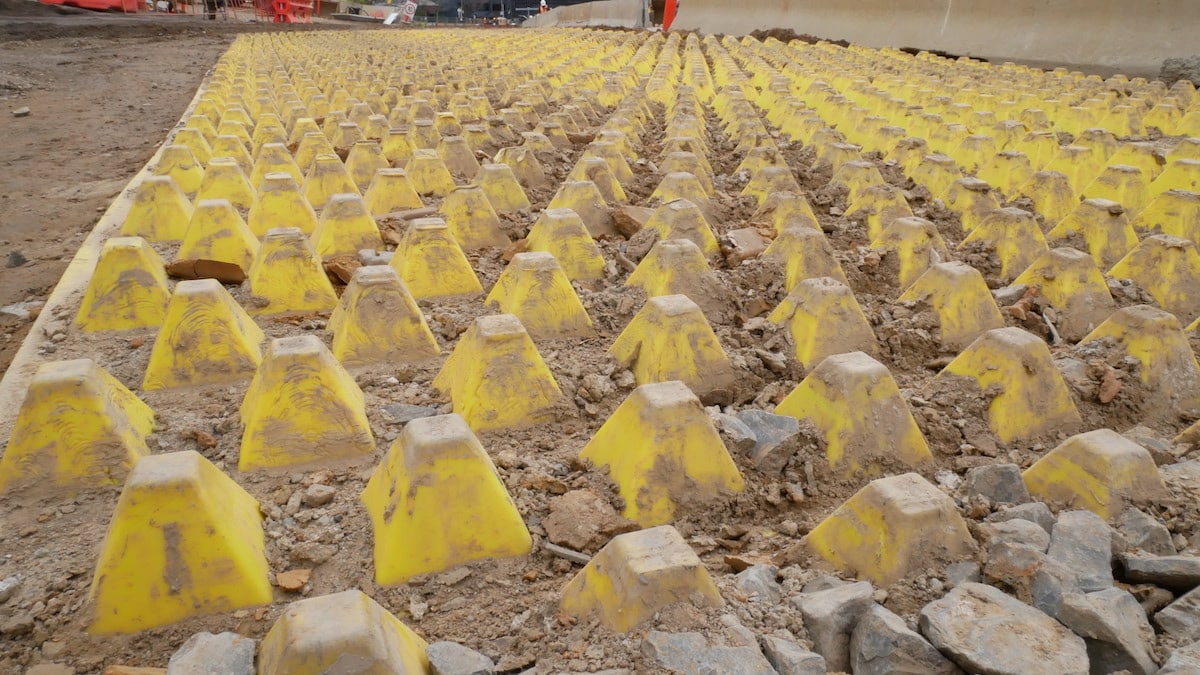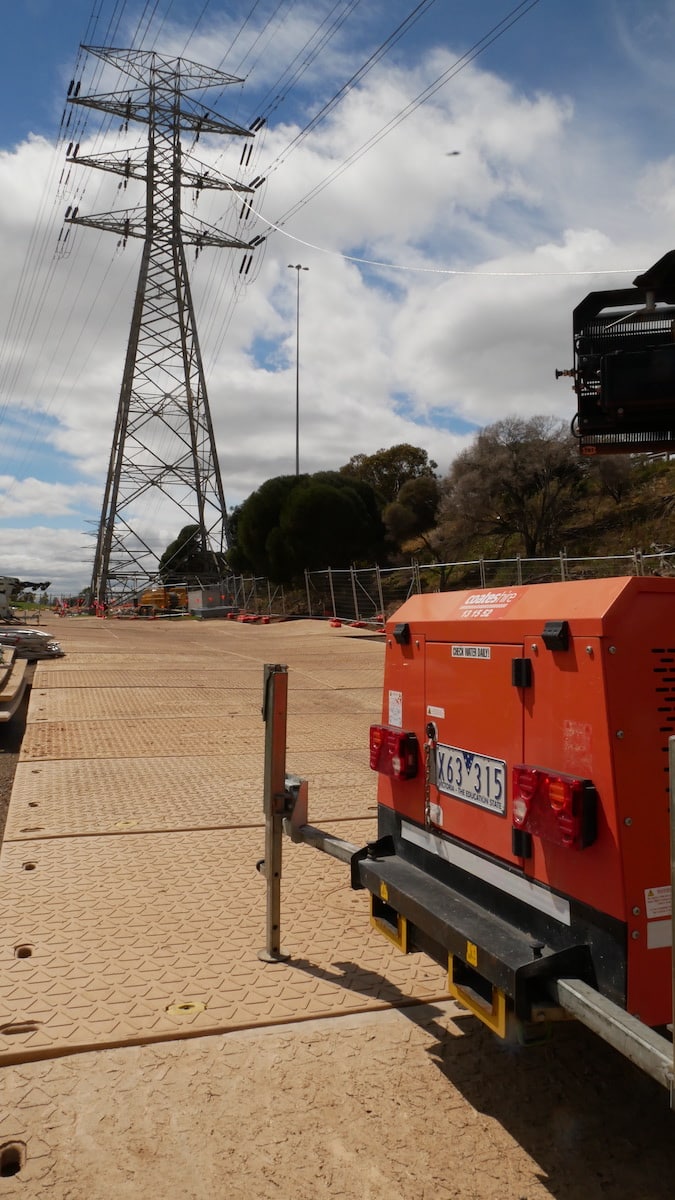As the demand for green construction rises from both industry and government, JWA Oilfield Supplies is supporting sustainability from the ground up through its temporary roadway and platform matting solutions.
In Australia an increasing number of construction and infrastructure project owners, including government, are setting tender requirements that encompass sustainable construction practices. To make the grade, contractors are being pushed to consider greener ways of constructing and JWA Oilfield Supplies’ (JWA) solutions are catching their attention.
JWA was established as a supplier of temporary roadway and platform matting solutions, primarily for the oil and gas sectors, in 2003. Twenty years on, the company is supporting major infrastructure and energy projects around Australia with its sustainable matting – including a large stack of Victoria’s Big Build projects.
What started with JWA providing product trials for a few of Victoria’s Big Build projects six years ago has quickly grown in scope. The company has now delivered matting for several Level Crossing Removal projects as well as the Metro Tunnel, West Gate Tunnel and North East Link projects – all under the state’s Big Build.

JWA operations manager optimisation Windsor Fick and Min Chua, IT development manager, have seen first-hand the significant impact the company’s composite mats have had on these Big Build projects by improving site efficiency, safety and sustainability.
When introducing its new FODS Rumble matting solution to the Australian market, JWA lent on its connections that it had developed from previous Big Build projects, where the company supplied its ground supporting matting.
“The first official Big Build project we supplied the FODS Rumble Mats for was the South Yarra tunnel entrance, part of the Metro Tunnel, for the Rail Infrastructure Alliance,” says Fick. “The project team jumped in front of some other projects that were lining up to trial our FODS Trackout Control Mats, also known as FODS Rumble Mats, so that they could get in first – a clear sign that demand for our solutions was surging.”
Designed for sediment control, FODS Rumble Mats can be strategically placed at entry and exit points on construction sites to reduce the track-out of materials on the road, such as debris and sediment. This ensures little to no site sediment is tracked-out by machinery or vehicles onto public roads, protecting the environment and waterways.
FODS Rumble Mats also protect the ground from machinery, reducing the need to remediate at project completion, and are made from 100 per cent recyclable polymer.
“From the South Yarra project, we received feedback that street sweeper runs were reduced by approximately 40 per cent compared to previous track-out systems used onsite, and no digging of trenches for sediment traps was required,” says Fick. “The team also found the versatility and easy installation of the FODS Rumble Mats eliminated the need for them to dig a pit to install traditional rumble grids or a crushed rock pad.”
“Further, the FODS can be cleaned in situ – meaning they don’t have to be removed for cleaning and require little maintenance, allowing work to continue flowing.”
Related stories:

In November 2017, prior to introducing the FODS Rumble Mats, JWA supplied matting for the teams working on the removal of the level crossing between Skye and Overton roads in Frankston, as part of the Level Crossing Removal project. The project teams identified JWA’s heavy-interlocking Dura-Base bog mats as a solution to a number of challenges they were facing around road and asset protection, material and resource usage, site restrictions and remediation.
“Dura-Base matting provides stable surfaces for construction vehicles, protecting infrastructure and minimising damage,” says Fick. “It prevents soil erosion, offers consistent load-bearing platforms and improves operational efficiency and safety.”

JWA’s Dura-Base matting, constructed with high density polyethylene (HDPE) and a mix of ultraviolet (UV) stabilisers and static dissipaters, was used on the Skye and Overton roads project site to create temporary hard stand areas for piling and access tracks, forming a stable and seamless path for equipment and heavy machinery.
“Our Dura-Base mats reduced the amount of crushed rock needed for the pad from 850 millimetres to 350-millimetres,” says Chua. “As a result, the time needed to shut down the road for works, as well as the number of trailers carrying crushed rock, was greatly reduced.”
Primarily, the Dura-Base matting was used on the project to protect the asphalt surface and buried services by spreading the load from piling activities so that it didn’t damage things like underground cables.
FODS Rumble Matting has also proven to be a popular solution for Level Crossing Removal projects since its first introduction to the Big Build on the Metro Tunnel, with over 10 of the projects already having used FODS and many more in the pipeline.
Another project where project teams reaped the benefits of JWA’s Dura-Base matting is the West Gate Tunnel. On this project, Dura-Base matting was used for power realignment on the West Gate Golf Course. Fick says JWA supplied the matting for use around the base of the tower to protect the asset of the stakeholder, in this case the golf green, and also to provide a smooth and stable service for the elevated-work-platforms and heavy plant needed to access the high voltage tower.

“With Dura-Base matting, we’re not only providing a stable surface, but due to its almost Lego-like application it’s also very easy to install,” says Fick. “For example, if a project team has to have access over a grass field, they can put the mats down, use them to track heavy vehicles out like a 450-tonne crane, and at the end of the job they can simply pull them up.”
“Whereas if they put in a crushed rock road, that’s temporary – they have to bring truckloads of it in, grade it and then at the end of the project the team has to dig it all out and try to bring the land back up to condition.
“Dura-Base matting, on the other hand, requires little to no surface remediation.
“This is especially important in problematic soils, such as acid sulfate soils, where ground disturbance and cross contamination can pose a significant environmental risk.”
Dura-Base mats are also weatherproof. Because it’s made of durable purpose-engineered plastic, it doesn’t erode or get washed out by rain helping with project site access during inclement weather.
Supporting a circular economy
Six years on from JWA’s first Big Build project, Dura-Base and FODS Rumble Mats are still working across several Big Build sites in Victoria due in part to the company’s classic philosophy – reduce, reuse and recycle.
“We’re strongly focused on supporting a sustainable future for the construction industry,” says Fick. “First, with our matting solutions we reduce the use of resources onsite such as crushed rock and the amount of sediment from construction sites reaching public roads and waterways.”
“We also reuse in the way we distribute the mats on a rental basis and ensure that we service all mats up to condition as required when they return from a job.
“The average expected lifespan of our matting solutions is in excess of 15 years because every time they come back from a job, we wash them and inspect them.”
If there’s anything that needs to be serviced on a mat, even if it’s a minor gauge, the JWA team will service it and bring the mat back up to condition before sending it out to the next job. Then, when it gets to a point that the mats come back and are no longer serviceable, JWA will process the mats through its local recycling partners.
“Even for our washing facilities, we have been using tank water for many years and are constantly looking for new ways to upgrade,” says Fick.
As the focus on sustainable construction heightens across Australia, JWA is stepping up to the plate to ensure it has the solutions needed for the industry to build a greener future.
The post Big Build project teams take advantage of JWA’s matting solutions appeared first on Inside Construction.
